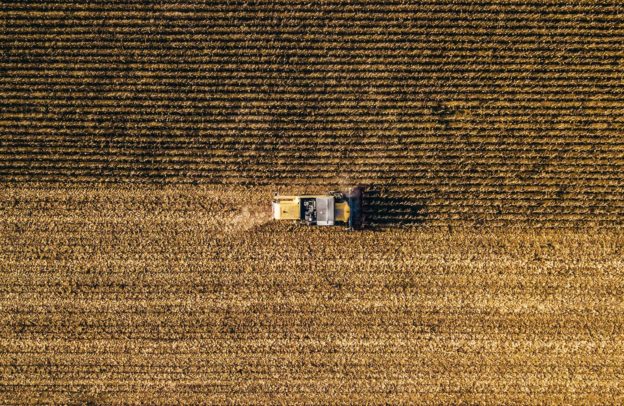The purpose of agriculture is to feed people. That is a good and worthy purpose. From its beginning, smart people who later became agricultural engineers thought about how agriculture could become better in feeding people – feeding more people. In time, while feeding people is still the proclaimed purpose, there has been a ‘purpose creep’ towards making more money for the agricultural industrial complex. Initially, the focus was on increasing productivity, later it moved to creating higher income through increasing efficiency. So the purpose moved from feeding people to increasing the efficiency of agricultural production: larger fields, monocultures, more standardised crops, mechanisation, more chemicals. Indeed, engineers have come up with so many amazing tricks: looking at today’s agricultural multinationals, one has to say that all these smart people have certainly achieved the purpose they set out to achieve. Yet what have they also achieved: land degradation, water pollution, loss of biodiversity (both in crop diversity, but also in all other species either directly through the use of pesticides or by destroying their habitat or food source), massive contributing to climate change, poverty (either taking small holder farmers work and/or market away or by exploiting workers and suppliers), reduced nutritional value of crops, and so on. What a mess! The question is how did we get into this mess as we had such a good purpose: feed the people. The answer is: people are notoriously bad in implementing change following a specific purpose. Understanding this is one of the most important shifts necessary now if we want to save humanity from the looming catastrophes – and I don’t think I’m unnecessarily dramatising here.
Continue reading
We need a shift in perception, not more solutions for our problems
1 Reply
